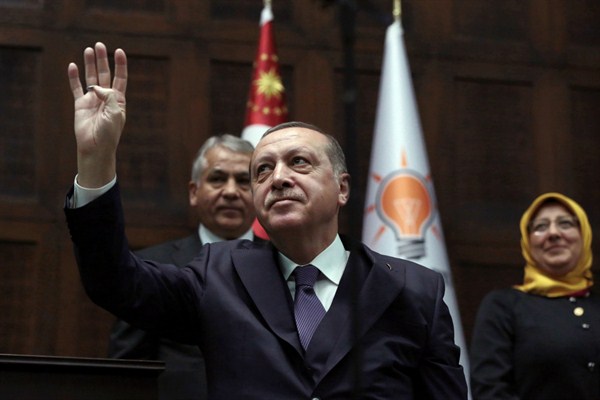Editor’s note: This article is part of an ongoing series on the Islamic State after the fall of Raqqa and the outlook for Syria and its neighbors.
The Syrian civil war is drawing to a close, at least in the way that the traditional conflict dynamics have been understood since 2011. The rebel opposition to Syrian President Bashar al-Assad is in disarray and confined to relatively small patches of disconnected territory across the country, while the self-proclaimed Islamic State is on its last breath, pushed out of its base in the city of Raqqa and squeezed in eastern Syria.
Only two truly sustainable and strategically relevant local actors remain on the ground: the Assad regime, with its allies from Hezbollah and Iran, and the U.S.-backed Syrian Democratic Forces, which are dominated by the Syrian Kurdish People’s Protection Units, or YPG. This is not a comfortable or desirable situation for neighboring Turkey, to say the least.

